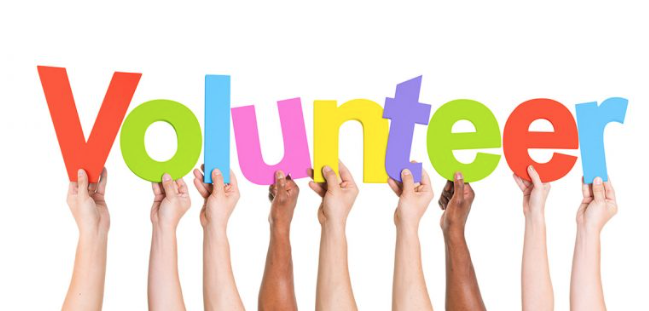Is the UK a nation of volunteers?

The good news for charities is that more of us are giving up our time to help them out for free. Four in 10 Britons say they volunteer - compare that to Italy where just nine per cent of adults say volunteering is something they do
A growing trend
This year the National Council for Voluntary Organisations (NCVO) surveyed some 10,000 UK adults and found that 40 per cent, or four in 10, Britons volunteer - with seven in 10 claiming that they've volunteered at least once in their life. In comparison to people in other European countries, it seems we're doing very well: in Italy, just nine per cent of the population say that they’ve volunteered, while in the Netherlands, it's their young people who're more inclined to volunteer, with 51 per cent of 15-24 year olds saying they volunteer in socially beneficial activities are least once a year.
London consultancy NfpSynergy’s 2017 report found the number of UK 16-24-year olds volunteering, while not quite at Dutch levels, had risen significantly since the early 2000s, up from 15 per cent in 2004 to 29 per cent in 2019. A comparable percentage change was seen in 25-34-year olds over the same period. However, people from more educated and wealthier groups are more likely to volunteer than people from less well-off, less educated groups.
Data from Google search showed similar results. The search volume in the UK around the term 'volunteering near me' between December 2017 - December '18, showed the following:
| Country | Difference in search volume |
|---|---|
| England | +83% |
| Scotland | +85% |
| Wales | +85% |
| Northern Ireland | +366% |
| United Kingdom | +124% |
Searches for volunteering have gone up in England, Wales and Scotland, however the most striking percentage increase comes from Northern Ireland, which has seen a three-fold increase. Northern Ireland has the highest rate of suicide in the UK and it's thought the increase in volunteering searches in the region could be down to a substantial push from organisations campaigning to prevent male suicide (men are three times more likely to commit suicide than women). Charities want to raise awareness among men of the benefits volunteering can have on their mental health and these campaigns seem to be having an effect. Also, competition for skilled jobs in Northern Ireland is intense and volunteering offers people a way to differentiate themselves from other candidates.
How come we're volunteering more?
Is it self-interested selflessness that's getting us to volunteer? Volunteering is part of the national wider health policy, with the NHS five-year plan highlighting the need for community volunteering because giving our time to a charity has been proven to improve mental and physical health. The NCVO also found many volunteers say volunteering improves their lives because it helps stop them feeling lonely. In the NVCO survey, 77 per of respondents said their mental health was improved by volunteering and 53 per cent claimed their physical health had also benefited. Ninety per cent said they felt they made a difference through their volunteer work and 89 per cent said it led to them meeting new people.
Schools, universities, colleges and employers are also encouraging volunteering, meaning it's 'embedded' in society as a good thing to do. NfpSynergy’s findings suggest that people who start volunteering at school / college continue to to do so as they get older; evidence that once they start, people come to see the benefits and don't want to lose them.
Some 10 per cent of volunteers say they were encouraged to start volunteering by their employer. This shows companies see the wider benefits to their businesses of pushing their staff to volunteer, even if it's only infrequently. For example, Oxford shirts retailer CT Shirts allows employees a day off work once a year to volunteer so they can get involved with the local community. Similarly, consulting giant Accenture allows staff with three corporate volunteering days a year to help a charity.
What is indisputable is that volunteering is good for us as individuals and for the charity we volunteer for. The old adage of 'help yourself to help others' holds true; so given the mental health crisis we're experiencing, let's hope even more of us with embrace volunteering as a way of improving our wellbeing.